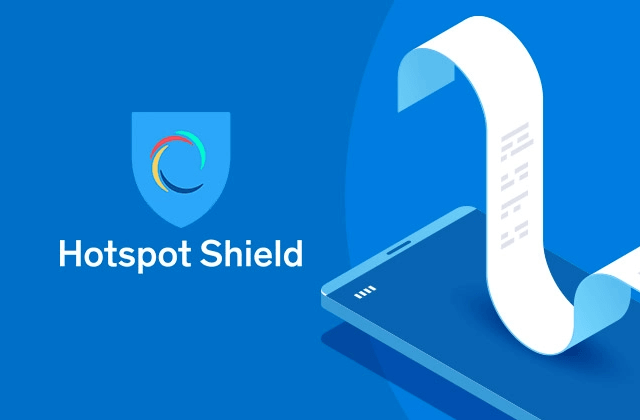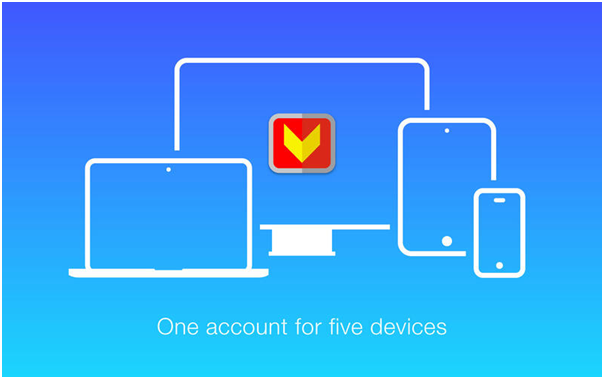

It’s practically impossible for a VPN to maintain performance without logging any data whatsoever.

Server-level connection logs are a great example of why not all logging is a problem. Typically, this data is used to optimize network performance and troubleshoot customer queries. total server bandwidth usage) or the user-level (e.g. In this guide, we examine the different types of VPN logs, why certain VPNs keep logs, and what you can do to protect your privacy.Ĭonnection logs can be collected at the server-level (e.g. How can you find a VPN worthy of your trust? With over 300 VPN services on the market, it’s difficult to know who to believe. To add to the confusion, marketing statements on VPN websites rarely reflect actual privacy policies. Others are deliberately vague about the exact type of data their policy refers to. Many VPN services falsely claim to collect a minimal amount of data, or no data at all. The logging policies of popular VPN services are often vague, complicated, or misleading. Sadly, this level of transparency is rare. The companies will be completely transparent about what type of data they collect, why this data is necessary, and for how long they store it. The best VPN services will do everything in their power to protect their users’ privacy. See all 70 VPNs we analyzed, and the data they log, in our guide to the best no-logs VPN services.įrom our research it also transpired some of the most popular VPN providers collect their user’s web activity and share this information with third parties. Our research revealed the majority of VPNs log some kind of data, under the grounds of service improvements or troubleshooting: We checked the logging policies of the 90 most popular VPN services on the market.


 0 kommentar(er)
0 kommentar(er)
